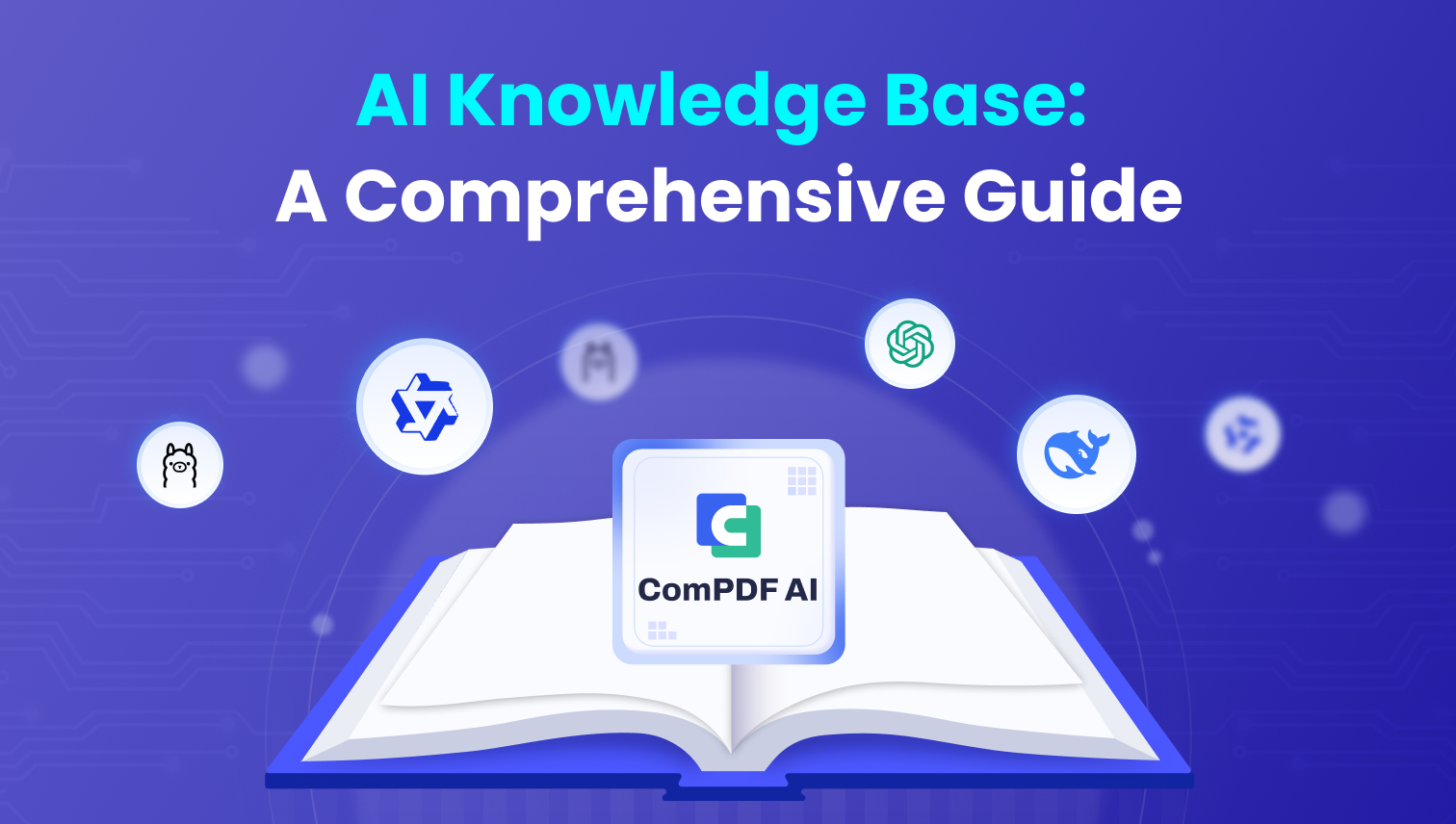
Knowledge bases are nothing new in industries. Databases from LexisNexis, Thomson Reuters Knowledge Base to ClinicalKey, they’ve long played a critical role in storing and retrieving information. In recent years, artificial intelligence (AI) has fundamentally reshaped what a knowledge base can do and multiple databases have upgraded their databases. But, how does an AI knowledge base help us?
Let’s dive into what makes an AI knowledge base different and better.
What Is AI Knowledge Bases
Before explaining the AI knowledge base, let's understand the knowledge base first.
From Wikipedia: In computer science, a knowledge base (KB) is a set of sentences, each sentence given in a knowledge representation language, with interfaces to tell new sentences and to ask questions about what is known, where either of these interfaces might use inference. It is a technology used to store complex structured data used by a computer system.
It’s a little hard to understand, right? All we need to know is that knowledge base is a digital library used to save kinds of knowledge. It’s a place where people can search and get the things they want to know.
AI knowledge bases would be the knowledge base which is much more intelligent. It can be more clever due to multiple technologies like artificial intelligence (AI), machine learning (ML), and natural language processing (NLP).
AI Knowledge Bases could intelligently store, organize, manage, retrieve, and deliver information, going beyond static content and simple keyword searches. They understand context, learn from user interactions, and even generate content when needed. The result is a dynamic, self-improving resource that supports decision-making and efficiency.
How Do AI Knowledge Bases Work?
AI knowledge bases function through a blend of intelligent technologies and well-defined processes. Here's how they work behind the scenes:
Key Technologies:
-
Natural Language Processing (NLP): Understand users’ questions, identify intents, and perform sentiment analysis to tailor responses.
-
Machine Learning (ML): Learn from past interactions to provide accurate answers for users.
-
Generative AI: Capable of creating new content, summarizing complex information, and providing conversational responses on the fly.
Core Processes:
-
Data Ingestion – Pulling in data from documents, FAQs, chat logs, databases, and more.
-
Indexing – Structuring data for fast, context-aware search.
-
Query Processing – Understanding and interpreting user inputs using NLP.
-
Information Retrieval – Pulling the most relevant answers or documents.
-
Answer Presentation – Displaying results in an intuitive, often conversational format.
AI-Powered vs. Traditional Knowledge Bases: The Key Differentiators
Top AI Knowledge Base Software Solutions in Industries
1. Medical / Healthcare
2. Financial Services
3. Legal Industry
4. Education / Academia
Create an AI Knowledge Base with ComPDF AI(ComIDP) - For Personal and Enterprise Use
Building your own AI-powered knowledge base is now easier than ever with ComPDF AI(ComIDP). ComPDF AI(ComIDP) give solutions for enterprises and personal use:
-
Integrate into the company's internal system for high-efficient operation.
-
Build industry AI knowledge bases, providing a comprehensive database for users to search information based on industries.
-
Create knowledge bases on websites based on industries like healthcare, finance, manufacturing, or education, etc., providing professional information for internet users.
-
Engineers and customer support teams can quickly search for known issues, solutions, and step-by-step troubleshooting workflows.
-
Provide on-demand access to product specs, user guides, installation videos, and support documents for sales and support teams.

Frequently Asked Questions (FAQs)
Q1: Can I integrate an AI knowledge base with my existing CRM?
Yes. Most AI knowledge base platforms offer integrations with popular tools like Salesforce, HubSpot, Zendesk, and more.
Q2: Is AI knowledge base suitable for small businesses?
Absolutely. Many tools are designed to scale, with pricing tiers suitable for startups and SMBs.
Q3: Does using AI require coding knowledge?
Not necessarily. Many platforms offer no-code or low-code setup options, allowing non-technical teams to manage content easily.
Q4: How secure are AI knowledge bases?
Security varies by provider, but leading platforms offer enterprise-grade encryption, role-based access, and audit logs.
Conclusion
As organizations grow and data expands, AI-powered knowledge bases are not just a next step—they’re a necessity for modern, efficient, and responsive knowledge management. Whether you're providing a better customer experience or streamlining internal communication, adopting an AI knowledge base could be one of the smartest investments you make in 2025.